Introduction
Social and emotional development in children has garnered significant attention in the recent years. Many studies have documented the importance of developing social and emotional skills. The initial years of infancy are particularly important for brain structure development (Ferreira, Reis-Jorge, & Batalha, 2021). The advantages of fostering awareness about self, society and environment extend well into adulthood. These traits can intrinsically motivate a child to succeed academically. They also encourage children to lead secure and healthy lives (Alzahrani, Alharbi, & Alodwani, 2019).
Therefore, primary caregivers such as parents and teachers would benefit from coaching on strategies (Ferreira et al., 2021, Alzahrani et al., 2019). A quality childhood development program helps maximise the opportunity to drive positive inter-generational change (Murphy, 2019). Countries that have acknowledged the massive societal returns have implemented various development schemes. Moreover, we need confident, resilient, emotionally intelligent and environmentally friendly individuals to tackle sustainability challenges. The social and emotional development of children in their early years is a critical step in closing this gap.
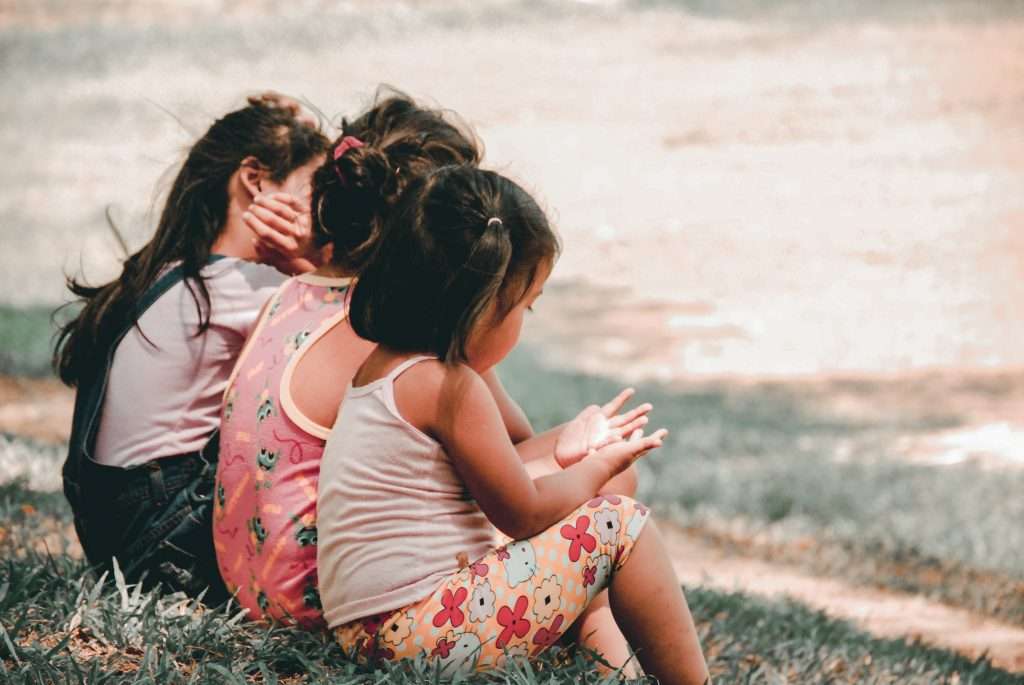
what is social and emotional development in children?
Definition
Social and emotional development is one of the four key growth areas that occur in a child’s initial five years. However, social and emotional learning continues throughout a person’s life. The other development areas cover gross and fine motor skills, speech and language, and cognitive and intellectual skills. Social and emotional development encompasses a child’s understanding of themselves and their feelings, as well as expectations from others in relationships. This supports them to initiate and maintain healthy relationships, to feel and express their emotions, and to search and engage with their surroundings. It is paramount to grow in all other development domains as well (Cristian & Anca, 2018).
Scientific Perspective
Brain plasticity is the ability of the brain to change its structure, functions or connections. This too, depending on interior or exterior stimulants, is remarkably high in childhood. We now know that early experiences form the brain structure that serves as the basis for further skill acquisition (Ferreira et al., 2021). Neglect of all kinds, especially in the early years, has a detrimental effect on brain architecture and development. This continues into teen years. This shows the importance of providing adequate training and resources to caregivers. Caregivers are pivotal in shaping the development of children’s brains and therefore their futures.
Maternal Responsive Care-giving
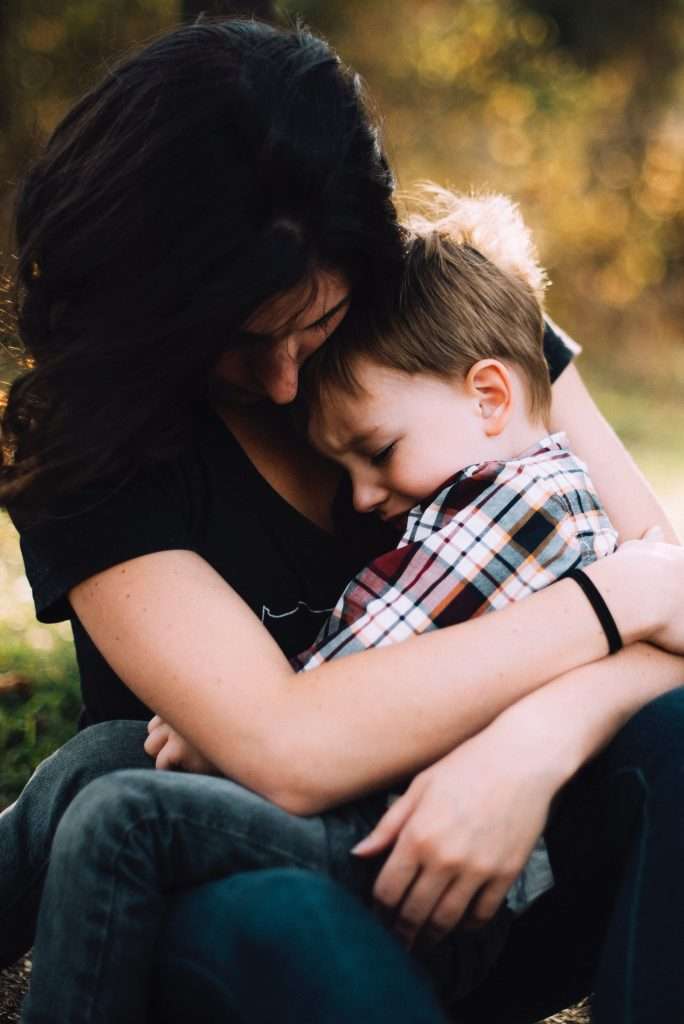
Likewise, mother-child interaction directly correlates to a child’s social development and economic future. A study conducted in rural Pakistan found that mothers with higher education levels, greater socio economic status, fewer children, and an absence of postpartum depression were able to offer better responsive caregiving. In addition, stronger maternal responsive care–giving results in greater social and emotional development in children. Responsive care-giving means reacting to the child’s behaviours and cues appropriately and positively. The mother’s emotional availability is also paramount for the child to feel secure in the relationship.
why it is important to educate children so they develop healthy social and emotional skills?
Positive self-concept and social identity
Parents who provide continuous encouragement and assurance motivate their children to take initiative and persevere. This supportive feedback lifts the child’s self-confidence, thereby lifting their self-image and self-esteem. To survive and thrive in the present uncertain and dynamic world, it is absolutely essential to be resilient. Similarly, skilled parents can make their kids understand the various social roles available and inspire them to assume new responsibilities. This enhances a child’s social identity. This uplifts the child’s self-worth and sense of belonging in society, while suppressing potential psychological concerns (Ferreira et al., 2021). Activities such as independent free play also builds freedom, self-confidence, and perseverance.
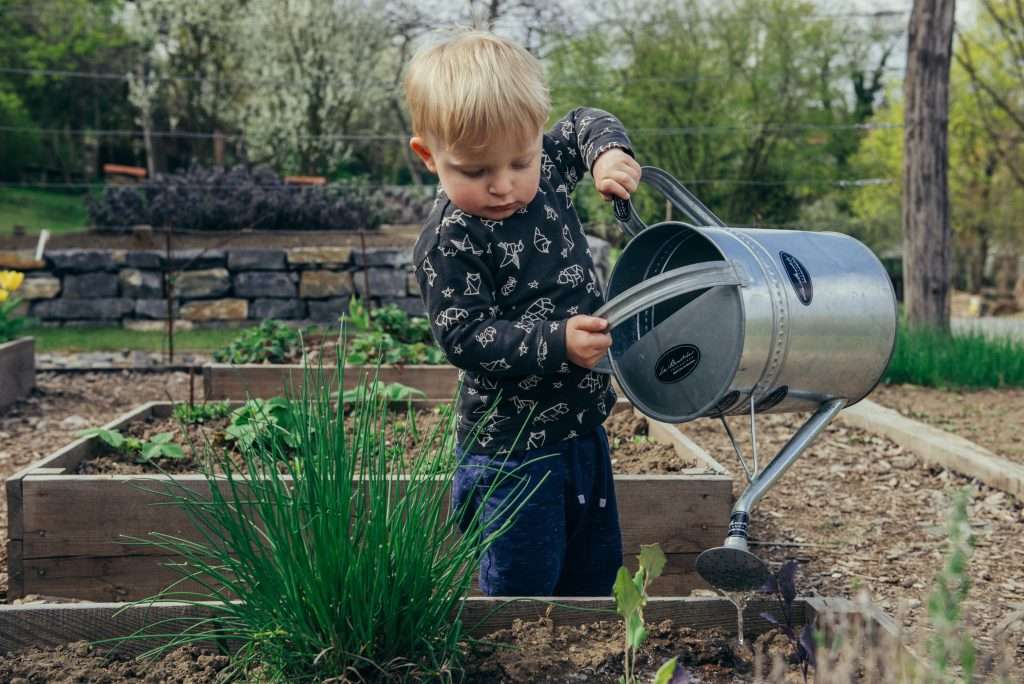
Developing communication skills
Primary caregivers such as parents and teachers must engage consistently with children. This can be through quality reciprocal conversations which can expand their language skills and aid in social relations. Preschool activities such as sociodramatic play also helps with building peer interactions. Through planning the play, children enrich their cognitive abilities including improved vocabulary (Andrade, 2019).
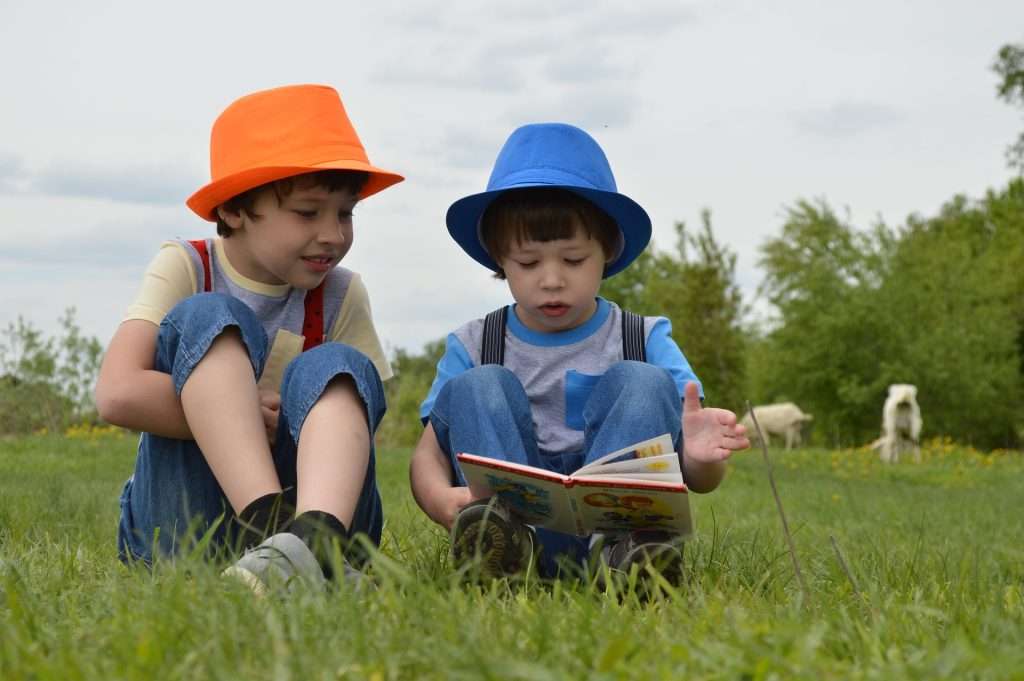
These elements prevent poor self-esteem and frustration in children which can arise children don’t have good communication skills. Also, a lack of listening skills can fuel attention problems. Inattentiveness may lead to difficult conversations and peer rejection. This can have a profound negative influence on a child’s socio-emotional adaptation. Clear communication is key to being able to connect with others. This is critical especially when people are physically dispersed and can only be contacted via technology in today’s world. Good communication not only nurtures togetherness but also a child’s self esteem, while combatting loneliness.
Self regulation and its benefits
Children with self-control tend to focus on school work to achieve academic merits by delaying gratification. They also demonstrate higher independence and self-confidence. Similarly, attentiveness is key to remembering purpose and following directions at home and in school settings. Thoughtfulness, which controls impulses in rough conditions and involves patience is a key capability. Concurrently, displaying socially acceptable behaviours like using manners can win children healthy friendships. On the contrary, lack of focus and behavioural skills can hinder peer interactions. These may cause peer refusals and negative emotions like anger, anxiety and frustration. This can further develop into mental health problems unless intervened.
Coping with emotions

Children may experience various emotions and may struggle to handle their feelings. To learn this skill, parents need to comfort their children and help them to name their feelings. This helps children identify feelings and express themselves. Parents who validate their child’s feelings are enhancing the social and emotional development of their children. Conversely, invalidation deprives the child from learning to process the feeling and self-regulate, which is crucial for coping. Kids may also act out a real world scenario in a sociodramatic play to cope with previous trauma in a safe environment. Self-soothing prevents internalising behaviours with lasting consequences, and allows children to manage stress effectively (Ferreira et al., 2021).
Acquiring interpersonal skills
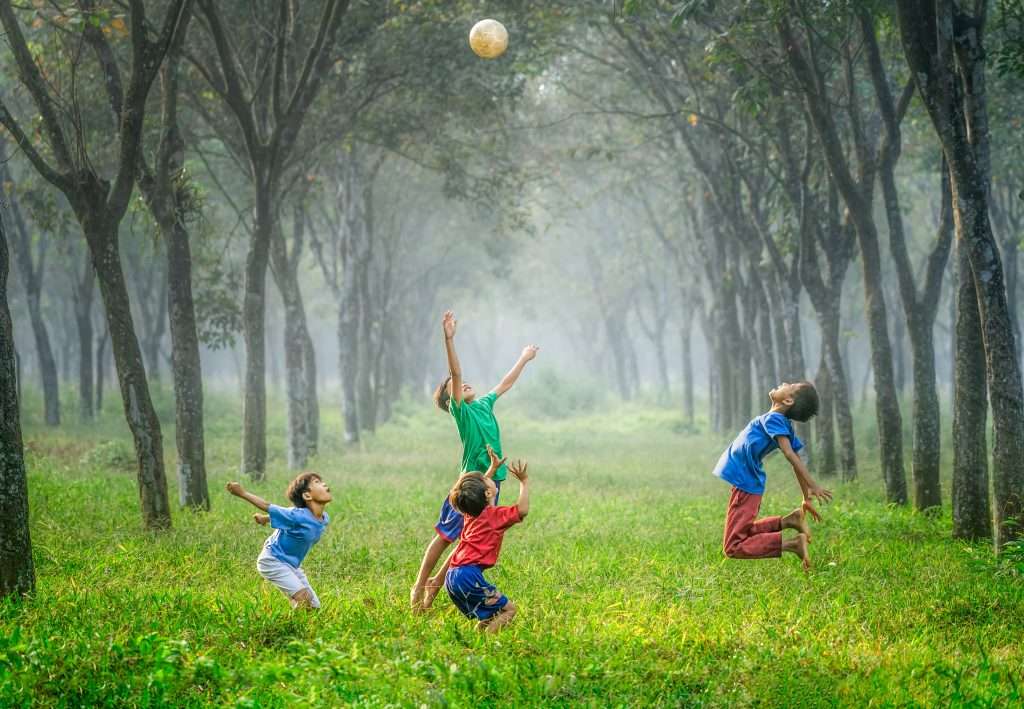
Stable and resourceful environments, where children can voluntarily explore and engage in non-directive play, foster social and emotional development (Andrade, 2019; Cristian & Anca, 2018). Free play with others encourages children to develop interpersonal skills, and problem solving which is critical to establishing and sustaining strong and meaningful friendships and relationships. This helps children embrace others’ views and perceptions, by working together. They also acquire team building skills, empathy and mental acuity (Andrade, 2019). Additionally, they learn to share, compromise, self-regulate and to wait their turn. Similarly, unsupervised outdoor play with others motivates collaboration, dialogue, sportsmanship and self-regulation.
Expanding creativity and curiosity
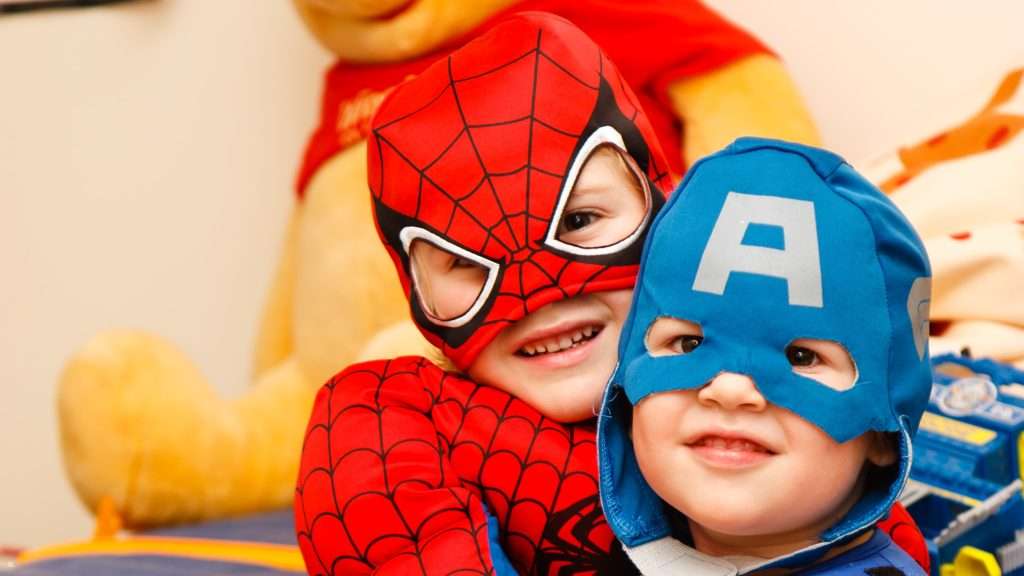
As an example, sociodramatic play helps children widen their imaginations, and be creative about their fantasy world and characters. Visualisation is a vital tool to contemplate innovative ideas, try new ventures, experience independence, and boost confidence. Simultaneously, outside activities in nature such as a walk in the park or watching ants move can elicit inquisitiveness and mindfulness. Independent free play also ignites imaginative power and problem solving skills in children. These are essential to staying happy, active and healthy.
Why Is The Development Of Children Important?
Adolescents who engage in anti-social behaviours, exhibit constant aggression, commit wrongdoings, and discontinue education and adults who become criminals, have maladaptive social and emotional development (Baglivio, Wolff, DeLisi, & Jackowski, 2020). The social cost that is borne by governments and public systems to combat and punish these misconducts is enormous (Reckers-Droog et al., 2019). Instead, funds need to be invested towards high quality preschool education which nurture social and emotional development in young children (Jones, Crowley, & Greenberg, 2015). Then, the benefits from raising empowered generations of honest and responsible citizens will definitely outweigh the initial investments (Jones et al., 2015). There will be additional gains considering there would be less financial strain.
Social and Emotional Development strategies
Social and emotional development programmes can be delivered at home, in the community, or in classrooms, although trained teachers deliver most of the universal, evidence-based programmes (Carthy Foundation, 2013). This is because effective social and emotional programmes adhere to a specific curriculum, with each lesson building upon the previous lessons.
Creating a positive and supportive environment
Creating a safe, supportive, and inclusive environment in which students feel valued and respected is paramount. Building communal spaces for students and staff to gather can promote a sense of community and sense of belonging. Designating private, safe and neutral calming spaces can be supportive for students who require special attention. For instance, those who are managing difficult emotions, seeking solitude, and working through challenging situations.
Helping children understand and manage their emotions
Speaking of emotions, research shows that teaching emotional regulation strategies can lead to improved mental health and social functioning in children (Denham, Bassett, & Wyatt, 2014). It’s important to help children understand their emotions and to teach them coping strategies for managing them. This can include activities like deep breathing, counting to 10, and talking through their feelings with a trusted adult. Asking children about their feelings and noticing their emotions throughout the day can also support their emotional understanding.
Opportunities for emotional expression
Creating opportunities for students to express their feelings in a safe and healthy way, such as through art, music, dancing, or journaling, can also help them better understand and manage their emotions. These enjoyable activities accelerate their healing and growth processes.
Supporting children’s self-regulation and problem-solving skills
To support children’s self-regulation and problem-solving skills, it is important to help them calm down when necessary and frame their feelings so they can talk about the problem (Ursache, et. al., 2012). Adults can model this behaviour throughout the day and encourage children to share their feelings with each other to practice labelling their emotions and finding solutions to problems. It is also important to help children understand that all feelings are okay, but not all behaviours are acceptable. Adults can praise children when they demonstrate good problem-solving skills as they work through challenges. By supporting children in these ways, adults can help children develop important skills for managing their emotions and resolving conflicts.
Developing self-awareness through mindfulness
It is beneficial for students to grow self-aware and to be encouraged to reflect on their thoughts, feelings and actions. Mindfulness is an increasingly popular strategy in schools and classrooms. It is an effective tool for developing self-control. Research suggests that the practice of awareness – being present in the moment – helps students to make wise decisions that aren’t influenced by their emotions (Carvalho, et al., 2013).
Social and emotional learning in teachers
Teaching social and emotional learning to teachers is just as important as teaching it to students. A teacher’s social and emotional learning is stronger and more productive when they have the opportunity to reflect on themselves, be vulnerable, recall their passion for teaching, and surround themselves with like-minded others (Stanley T., Nandini, 2019). In turn, when a teacher takes care of themselves in this way, they are better able to become more effective educators and support an environment where students can develop their own social and emotional development.
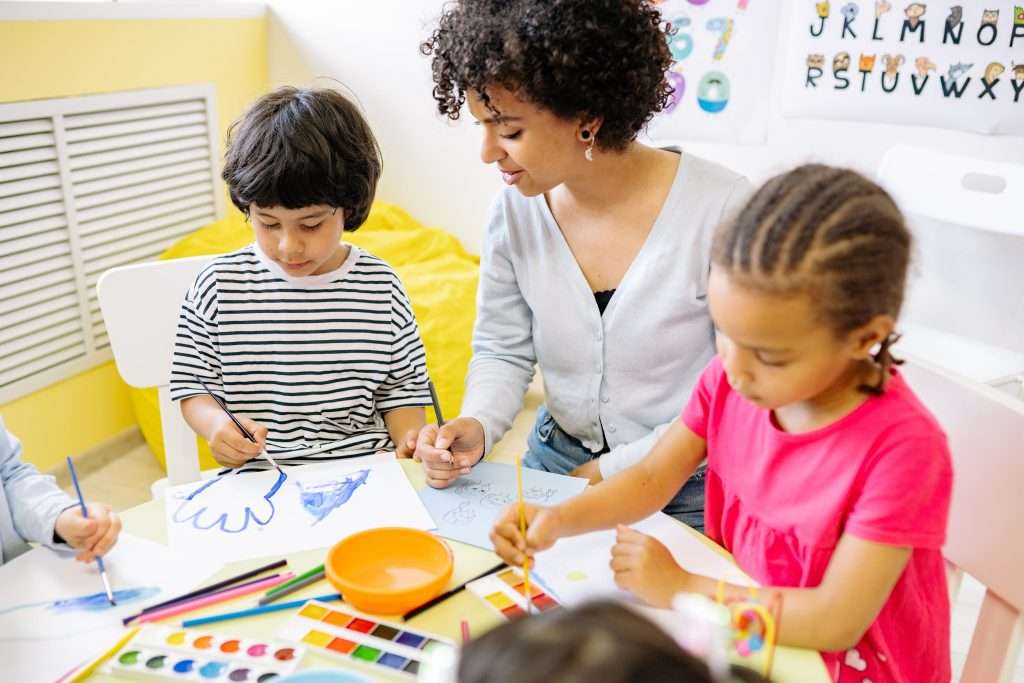
Countries Leading the Way
Finland
The report (2021) “Survey on Social and Emotional Learning Skills (SSES) in Helsinki (Finland)” illustrates how Helsinki integrates students’ social and emotional skills in the national curriculum and courses for both primary and secondary education.
Social and emotional skills are included in environmental studies in the first two grades of primary education. The curriculum is designed to help students practice group work skills, emotional skills, and respect for themselves and others. Religion classes for grades 3-6 also incorporate social and emotional learning. The classes cover topics on children’s rights and responsibilities, forming and justifying one’s own views, friendship, positive class and school society formation, and preventing discrimination. Additionally, health education for grades 7-9 includes developing preparedness to improve students’ ability to act in different conflict situations, and acknowledge one’s own values and attitudes. Similarly, “transversal competencies” also emphasise social and emotional learning in upper secondary education and vocational training programs. These skills, which encompass social and emotional skills, support student well-being.
Japan
In 2018, Japan enacted three law revisions to clarify the traits and capabilities that should be nurtured in early childhood education (Nakamura, 2019). Three pillars were used to describe these goals in these revisions: “foundation of knowledge and skills,” “foundation of the ability to think, to make decisions, and to express themselves, and other abilities,” and the “attitudes of learning to learn and human qualities, among others.” The modifications also specified the developments that should be achieved by the end of early childhood education in Japan. These changes reflect a focus on helping children develop a strong foundation of knowledge and skills, as well as the capacity to think critically and communicate effectively. Additionally, the revisions intend to promote the development of attitudes and qualities that will help children become lifelong learners and responsible citizens.
Canada
Primary schools in Ottawa, Canada follow the Ontario Elementary Health and Physical Education Curriculum. It emphasizes social and emotional skills that are deemed essential to students’ holistic development. Students are able to identify bottlenecks and manage their emotional responses, thanks to the programme. They are encouraged to express their feelings as well as to comprehend and show compassion for the sentiments of others. The curriculum also focuses on developing effective stress management and coping techniques to build students’ resilience during challenging times. This has a connection to maintaining positive motivation and perseverance, which are essential for encouraging children to feel optimistic and hopeful.
Additionally, several organisations in Canada have initiatives in place to support early childhood development. For instance, the “Roots of Empathy” programme, is an international, evidence-based, and empathy-based classroom programme designed for children ages 5 to 13. It is offered in schools across Canada and uses trained “empathy visitors” to help students develop empathy and emotional intelligence. The organisation’s mission is to build caring, peaceful, and civil societies through the development of empathy in children and adults. Similarly, “The Zones of Regulation” programme, which is also used in schools in Canada, provides students with a social and emotional learning framework and strategies for regulating their emotions and managing stress.
moving forward
Acquiring social and emotional skills can greatly benefit youth by addressing challenges they may encounter. These skills can result in improved outcomes in areas such as mental health, academic performance, and overall well-being, helping young people to thrive.
Social and emotional learning is also an important factor in achieving the Sustainable Development Goals (SDGs) because it helps individuals develop the skills and abilities they need to lead fulfilling and productive lives. These skills can help children contribute to the achievement of several SDGs, including:
- Goal 4: Quality Education – Social and emotional learning helps students develop the skills and attitudes they need to succeed in school and beyond, including the ability to concentrate, collaborate, and communicate effectively.
- Goal 8: Decent Work and Economic Growth – The skills children learn in specialised programs are valued in the workforce, such as problem-solving, teamwork, and communication.
- Goal 10: Reduced Inequalities – Special programmes can help individuals develop the skills and attitudes they need to participate fully in society and contribute to their communities, which can help reduce inequality and promote social inclusion.
- Goal 16: Peace, Justice and Strong Institutions – Social and emotional learning can help individuals develop the skills and attitudes needed to resolve conflicts peacefully and contribute to the stability and prosperity of their communities.
Social and emotional learning interventions should be used to support the best possible outcomes for children, students, and our population.
To learn more about how The THRIVE Project is researching, educating and advocating for a future beyond sustainability, visit our website. You can follow our informative blog and podcast series, as well as find out about our regular live webinars featuring expert guests in the field. Sign up for our newsletter for regular updates.

















